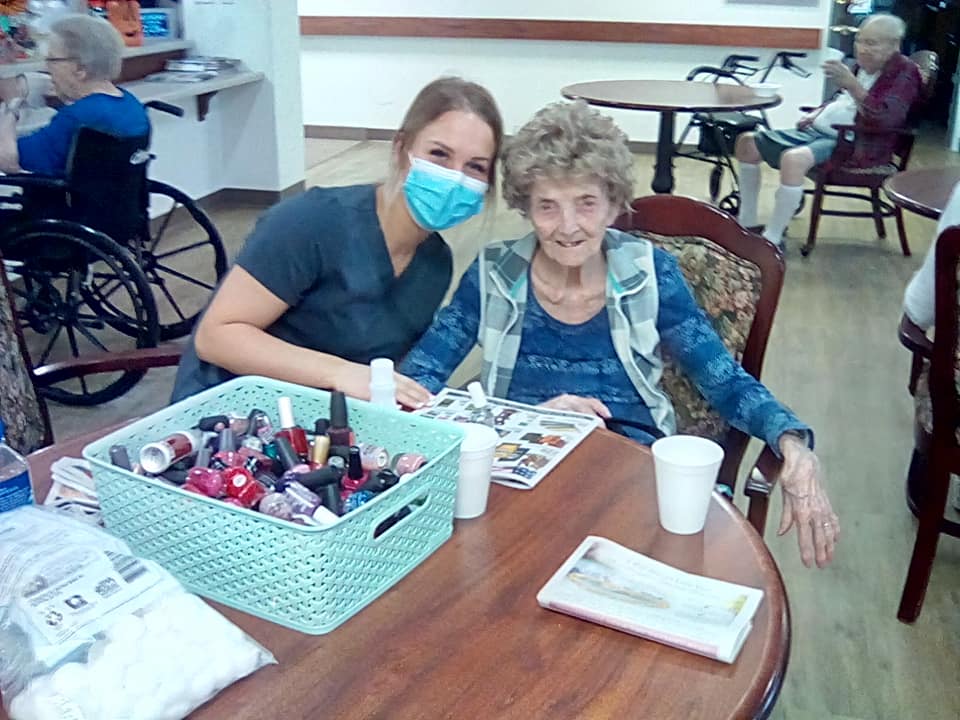Twin Town Villa is excited to be able to welcome public visitors back into our building! Mary Wolfgram, Executive Director at Twin Town Villa recently announced, “We are open for visitors and tours, but we still have some rules to follow. We want to thank all of our families for their patience as guidelines continue to change and we navigate through this together.”
A Few Simple Rules for our Visitors:
- A surgical mask must be worn (please bring your own)
- Social distancing guidelines will be followed
- Up to 10 Visitors will be allowed in the building at a time
- Only 2 visitors will be allowed per room
No Appointment Needed
A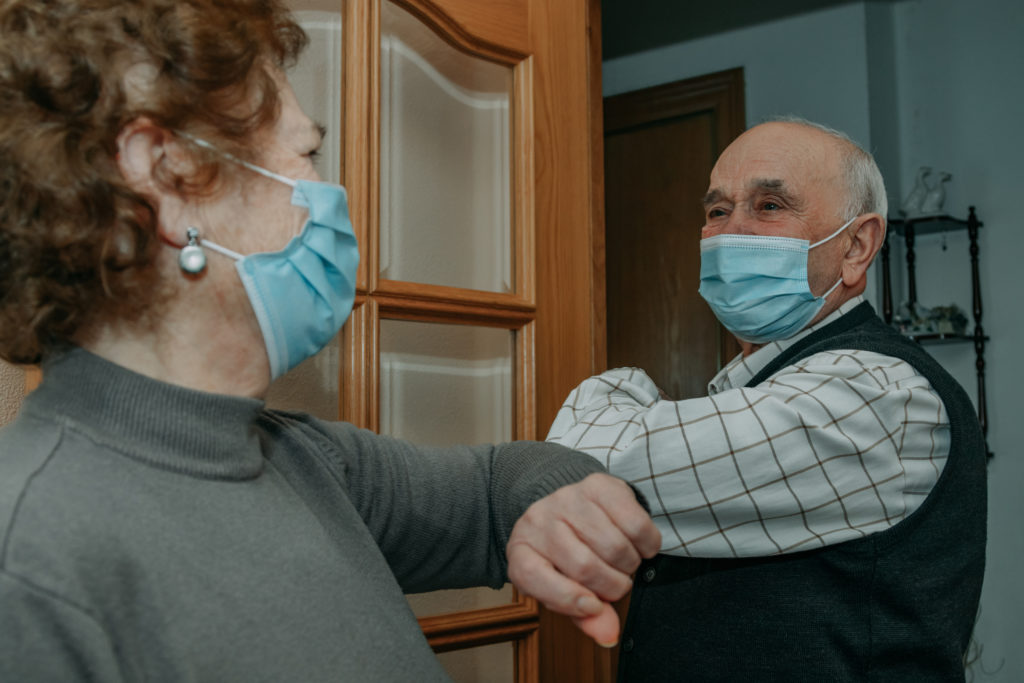 t this time, you can just stop by, no sign-up or appointment is needed. Every visitor will need to check-in using our ELDR screening tool. We will also have a whiteboard with the current visitor’s names and when they arrived to make sure all visitors can get adequate visiting time in.
t this time, you can just stop by, no sign-up or appointment is needed. Every visitor will need to check-in using our ELDR screening tool. We will also have a whiteboard with the current visitor’s names and when they arrived to make sure all visitors can get adequate visiting time in.
Leaving the Twin Town Villa Building
Residents who are fully vaccinated can now leave Twin Town Villa for doctors appointments, go out to eat, go to church, etc. without quarantining when they return.
COVID-19 Vaccination for Residents & Staff
Currently, the majority of residents and some of our staff have had COVID their vaccines. We will continue to do all we can to protect our residents and staff through vaccinations and safety precautions.
Check Back for Updates Often
Our policies and procedures for visitors could change week-to-week depending on the guidance we get from the Minnesota Department of Health (MDH), and how our community’s COVID numbers change. We are looking forward to new guidance from MDH and will share it with you as soon as possible. For the latest updates, check our Facebook page or call us at 218.643.9542.
Twin Town Villa is Open for Tours
We are pleased to also offer tours at Twin Town Villa again! If you have questions about Senior Living options for your loved one or would like a tour of our community, please contact us online or call 218.643.9542. We currently have openings and would welcome new residents to join us!
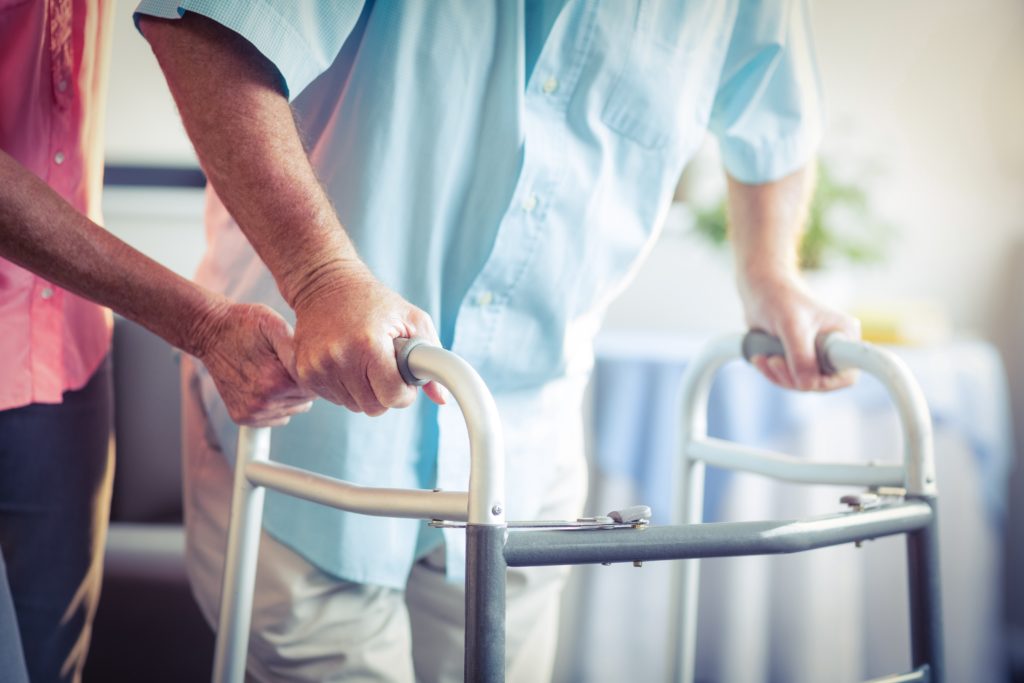 One in four Americans age 65+ falls each year.
One in four Americans age 65+ falls each year.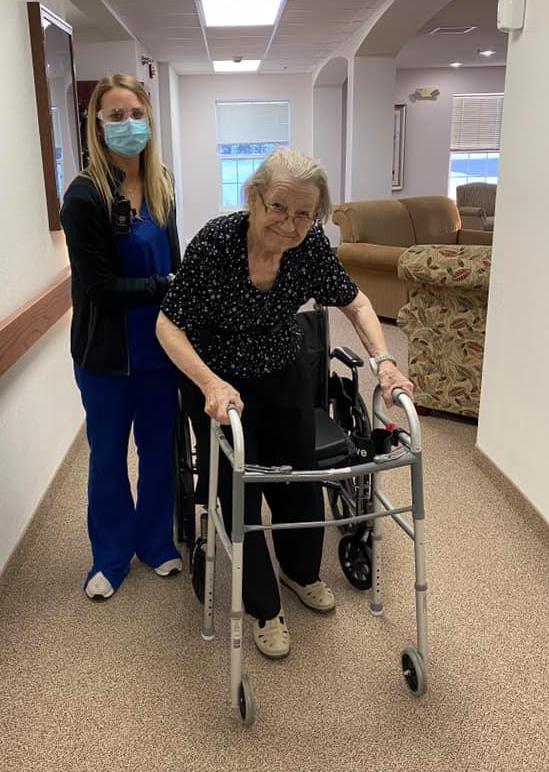 Ongoing Fall Prevention
Ongoing Fall Prevention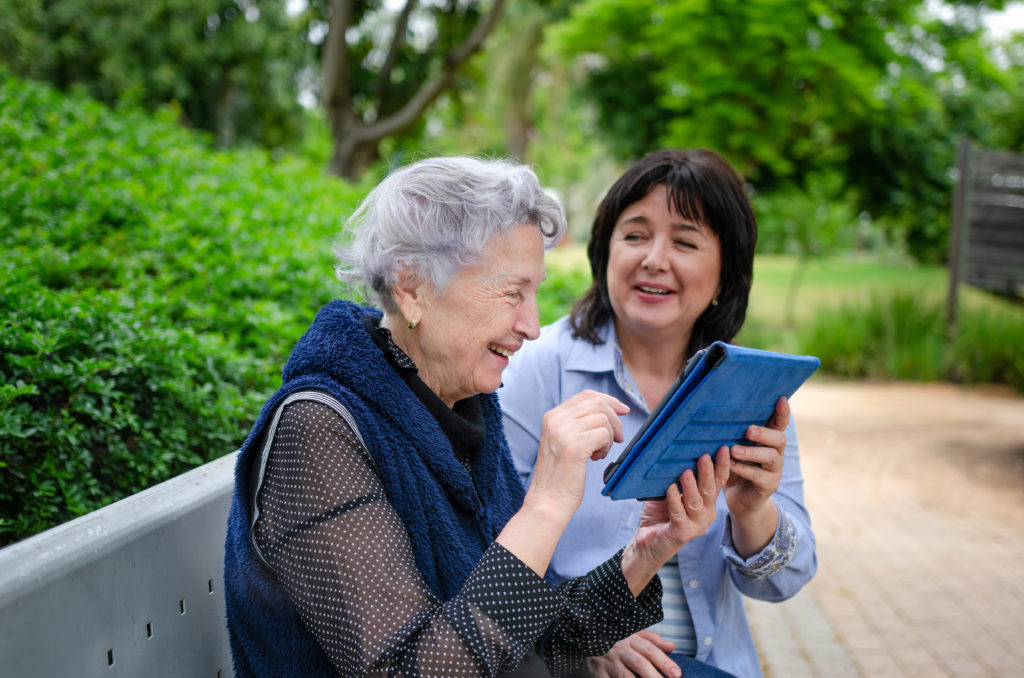 Teach them how to use technology – Technology such as Smartphones and computers can help to bridge the communication gap and help them feel connected. Being able to do a Facetime call and see each other makes you feel closer. They will also like seeing you, grandchildren, or great-grandchildren.
Teach them how to use technology – Technology such as Smartphones and computers can help to bridge the communication gap and help them feel connected. Being able to do a Facetime call and see each other makes you feel closer. They will also like seeing you, grandchildren, or great-grandchildren.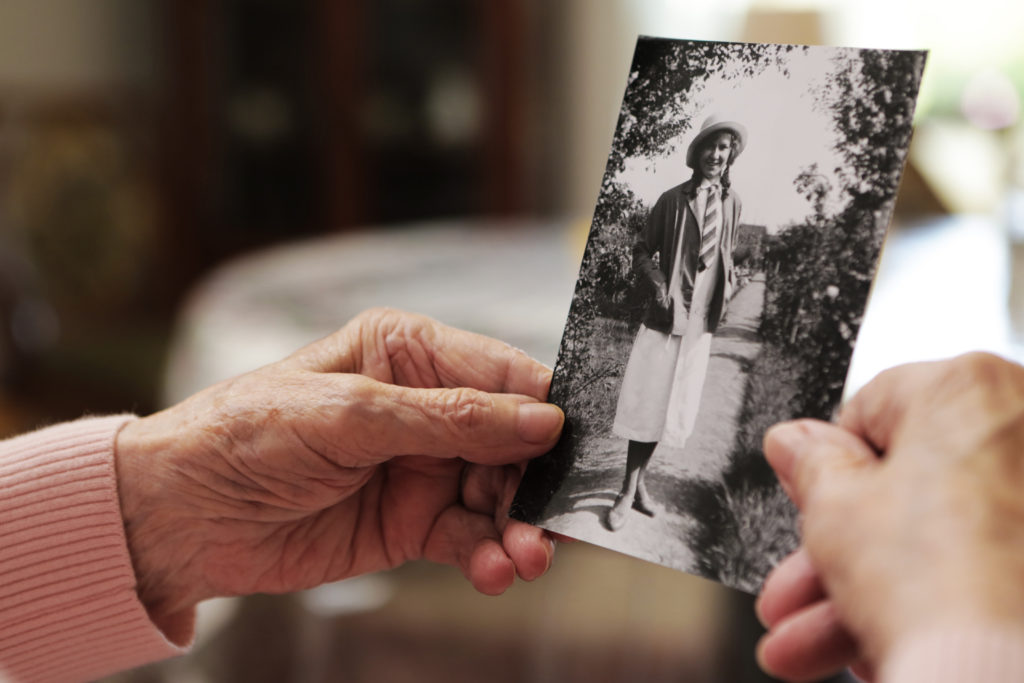 The staff at Twin Town Villa participates in continuous training from some of the most skilled and experienced professionals providing memory care today. We combine ongoing skilled training with compassion and a positive attitude to provide the best care for those with Alzheimer’s and dementia.
The staff at Twin Town Villa participates in continuous training from some of the most skilled and experienced professionals providing memory care today. We combine ongoing skilled training with compassion and a positive attitude to provide the best care for those with Alzheimer’s and dementia.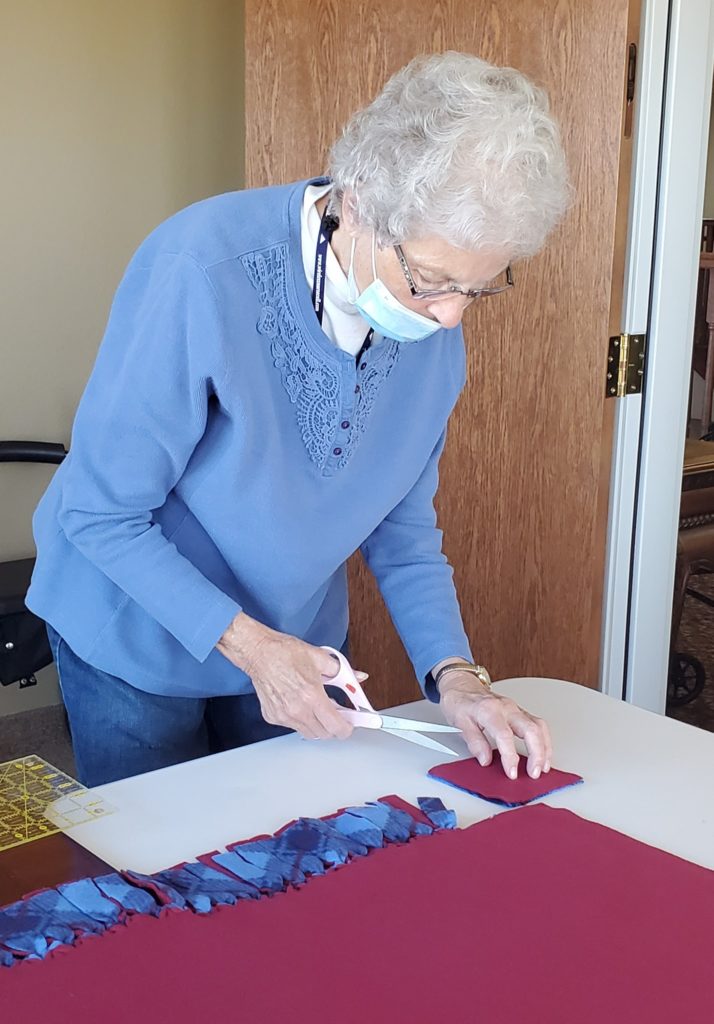 Get Exercise and Movement: Exercise increases lung capacity, bone density, and overall longevity. Exercise looks different for everyone. For some just actions of daily living can provide benefits. Other older adults may enjoy walking, light aerobics, or gentle yoga. For elderly people who may be sedentary most of the day, even a period of standing helps decrease the loss of bone density.
Get Exercise and Movement: Exercise increases lung capacity, bone density, and overall longevity. Exercise looks different for everyone. For some just actions of daily living can provide benefits. Other older adults may enjoy walking, light aerobics, or gentle yoga. For elderly people who may be sedentary most of the day, even a period of standing helps decrease the loss of bone density.